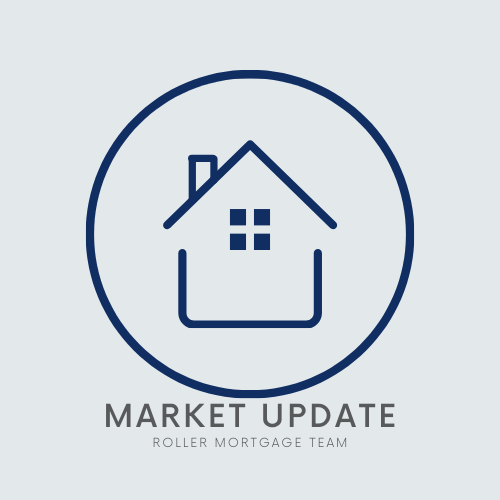What’s the Buzz All About?
Reverse mortgages have become the talk of the town, especially among senior homeowners looking to enhance their financial stability during retirement. This financial solution has gained significant attention due to its unique features and benefits. In this article, we will delve into the ins and outs of reverse mortgages, explaining why they have captured the interest of countless individuals. Let’s go!
About Reverse Mortgages
Reverse mortgages offer a compelling option for senior homeowners who want to tap into their home’s equity without selling or moving. With this financial tool, you can receive regular payments or a lump sum based on the value of your home. The loan is repaid when you sell the property, move out, or pass away. Let’s dig deeper into the details and discover how reverse mortgages can benefit you.
How Does a Reverse Mortgage Work?
A reverse mortgage, also known as a Home Equity Conversion Mortgage (HECM), is a loan that allows homeowners aged 62 or older to convert a portion of their home equity into cash. Unlike traditional mortgages, where you make monthly payments to the lender, a reverse mortgage pays you.
Here’s a step-by-step breakdown of how it works:
- Qualification: To be eligible for a reverse mortgage, you must be at least 62 years old and own a primary residence.
- Equity Assessment: The lender assesses the value of your home and determines the loan amount you may qualify for. Factors such as your age, current interest rates, and the appraised value of your home come into play.
- Payment Options: Reverse mortgages offer different payment options. You can receive a lump sum, monthly payments, a line of credit, or a combination of these. The choice depends on your preferences and financial goals.
- No Monthly Payments: With a reverse mortgage, you don’t need to make monthly payments. The loan balance accumulates over time, and repayment is typically deferred until you sell the house, move out, or pass away.
- Loan Repayment: When the loan becomes due, typically after you no longer live in the home, it must be repaid. This is usually done by selling the property, and any remaining equity belongs to you or your heirs.
Benefits of Reverse Mortgages
Reverse mortgages offer several advantages that make them an appealing option for senior homeowners. Let’s explore the key benefits:
- Supplement Retirement Income: Reverse mortgages provide a steady stream of income, helping you maintain financial stability during retirement. You can use the funds to cover daily expenses, medical bills, home renovations, or other financial goals.
- No Monthly Mortgage Payments: One of the most attractive features of a reverse mortgage is that you are not required to make monthly mortgage payments. This can alleviate financial stress and provide a sense of freedom.
- Retain Ownership: Despite accessing the equity in your home, you retain ownership throughout the duration of the reverse mortgage. You can continue to live in your home as long as it remains your primary residence.
- Flexible Payment Options: Reverse mortgages offer flexibility in how you receive your funds. Whether you prefer a lump sum payment, monthly installments, a line of credit, or a combination, the choice is yours. This allows you to customize the loan to fit your specific financial needs.
- Tax-Free: The proceeds from a reverse mortgage are typically tax-free. This means that the funds you receive will not be subject to income tax. Consult with a tax advisor to understand the specific tax implications based on your situation.
- No Risk of Default: Since you are not required to make monthly mortgage payments, there is no risk of defaulting on the loan due to missed payments. As long as you fulfill your obligations, such as paying property taxes and homeowners insurance, you can remain in your home without fear of foreclosure.
- Non-Recourse Loan: A reverse mortgage is a non-recourse loan, which means that the lender cannot seek repayment beyond the value of the home. If the loan balance exceeds the home’s value when it’s time to repay, the lender takes the loss, not you or your heirs.
Common FAQs About Reverse Mortgages
As reverse mortgages continue to gain popularity, it’s natural to have questions. Here are answers to some frequently asked questions:
- Who qualifies for a reverse mortgage? To qualify, you must be at least 62 years old, own a primary residence, and have sufficient home equity. Credit score and income requirements are generally more relaxed than traditional mortgages.
- Do I need to repay the loan while I’m living in my home? No, you are not required to make monthly mortgage payments. The loan is repaid when you sell the house, move out, or pass away. However, you must continue to pay property taxes, insurance, and maintain the property.
- What happens to my spouse if I pass away? If both spouses are listed on the reverse mortgage, the surviving spouse can continue to live in the home even after the other spouse passes away. However, certain conditions apply, such as being named on the loan documents and maintaining the property.
- Will I still own my home with a reverse mortgage? Yes, you retain ownership of your home throughout the duration of the reverse mortgage. The lender only has a lien on the property, which becomes due when the loan is repaid.
- Can I outlive the reverse mortgage proceeds? No, you cannot outlive the proceeds of a reverse mortgage. As long as you live in the home, the funds will be available to you. The loan only becomes due when you no longer occupy the property as your primary residence.
- Can I use the funds from a reverse mortgage for any purpose? Yes, you can use the funds for various purposes, including paying off existing mortgages, covering living expenses, medical bills, home improvements, or even travel and leisure activities. The choice is all yours!
The LeaderOne Lowdown About Reverse Mortgages
Reverse mortgages have sparked a widespread conversation among senior homeowners, and for good reason. They offer a viable solution to access the equity in your home while maintaining ownership and financial stability during retirement. With benefits such as supplemental income, flexibility in payment options, and no monthly mortgage payments, reverse mortgages provide an avenue to enhance your quality of life and achieve your financial goals.
Remember, when considering a reverse mortgage, it’s crucial to work with trusted loan originators who can guide you through the process and provide expert advice tailored to your needs. LeadersOne Financial Roller Mortgage Team is among the top professionals in the industry, offering comprehensive assistance and personalized solutions.
If you’re a senior homeowner seeking financial freedom, don’t miss out on the opportunities that reverse mortgages can provide. Explore your options, consult with professionals, and make an informed decision that aligns with your long-term financial objectives. Unlock the potential of your home and embrace the benefits of reverse mortgages today!



